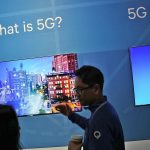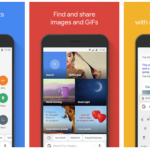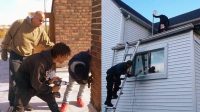NYC public wi-fi terminals learn tough lessons about the Internet
NYC public wi-fi terminals learn tough lessons about the Internet

The Alphabet Inc. subsidiary focused on urban innovation, Sidewalk Labs, suffered a setback as porn and privacy concerns beset its public web terminals on New York City streets.
Bloomberg says the web-surfing component of the experimental LinkNYC project is being scaled back after four years. The project lead is CityBridge, a consortium of companies led by Google’s Sidewalk Labs.
As a relatively new player in the smart cities space, Sidewalk Labs is looking to convince city governments to enlist its services despite its limited track record. The uproar around the LinkNYC project is unwelcome news as Sidewalk works to raise its smart city credentials.
The public browsing caused a stir when news reports emerged that the kiosks were being used to blast music at late hours of the night and that some people were camped out with chairs in front of the terminals for endless hours.
But it was the headline-grabbing use of the kiosks to access pornography in public places that created the loudest uproar. And even though OpenDNS was later installed to filter obscene webpages, unsavory material still managed to be accessed on the 400 LinkNYC terminals around the city.
Jacking your data?
On top of this, privacy advocates raised fears that personal data was being collected by this public infrastructure and given to for-profit businesses in the CityBridge consortium.
LinkNYC said it will bring back web browsing once it figures out how to contain the problematic surfing.
“The internet is a constantly-changing and very big place, and it’s hard, if not impossible, frankly, to stay on top of every piece of inappropriate content,” said LinkNYC general manager Jen Hensley.
“We didn’t know what to expect with free internet access on the street,” she said, adding that the project was expected to evolve as it progressed. “We built this to change over time, and that’s how we handled anticipating these issues. If it wasn’t this it would have been something else.”
Besides web surfing, the terminals also provide Wi-Fi, mapping features and phone calls. These non-browsing services will be continued.
The post NYC public wi-fi terminals learn tough lessons about the Internet appeared first on ReadWrite.
(26)














